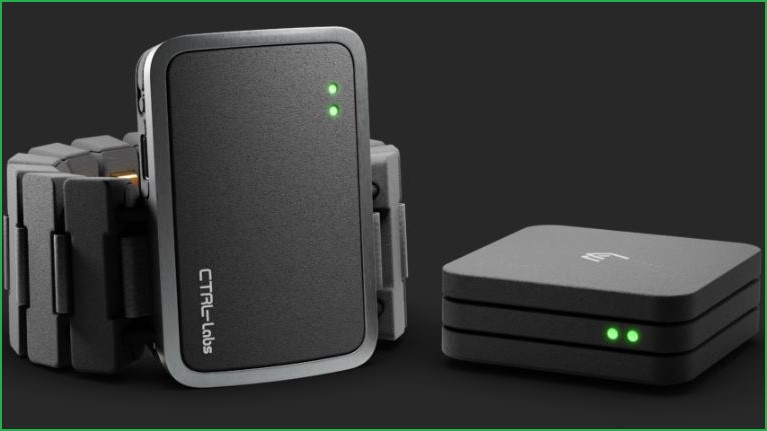Facebook is set to acquire CTRL-Labs, a company that develops mind-reading wristbands.
Bloomberg reported that the acquisition will cost Facebook between US$500 and US$1 billion.
Announced by Facebook’s VP of augmented and virtual reality, Andrew Bosworth, the purchase of CTRL-Labs demonstrates the social media giant’s position on the future of computing.
“We know there are more natural, intuitive ways to interact with devices and technology. And we want to build them,” Bosworth said.
“It’s why we’ve agreed to acquire CTRL-Labs. They will be joining our Facebook Reality Labs team where we hope to build this kind of technology, at scale, and get it into consumer products faster.”
Bosworth explained how the CTRL-Labs device can decipher your intentions.
“You have neurons in your spinal cord that send electrical signals to your hand muscles telling them to move in specific ways such as to click a mouse or press a button,” he said.
“The wristband will decode those signals and translate them into a digital signal your device can understand, empowering you with control over your digital life. It captures your intention so you can share a photo with a friend using an imperceptible movement or just by, well, intending to.”
Just a truly exciting, mind-bending company. It has been a privilege to have been along for this early part of the ride in a small way. Savvy move, @facebook 🧠✋🤖🚀 /cc @gvteam https://t.co/QYBUApk07a
— M.G. Siegler (@mgsiegler) September 23, 2019
With this acquisition, Facebook’s intentions about their development of non-invasive — that is, wearable — brain-computer interfaces become clearer.
In late July, Facebook unveiled their progress on developing a wearable headset that can read thoughts.
And in 2014, they bought leading VR company Occulus for US$2 billion.
There is growing attention on brain-computer interfaces (BCI) which are touted as the next evolution of technology that has fundamentally transformed the way we think, communicate, and live.
Elon Musk’s company Neuralink has taken a radically different approach to BCI technology than Facebook by directly detecting brain signals.
Their aim is to connect a device in the brain that can be used to control a smart phone by people with impaired function.
But CEO and co-founder of CTRL-Labs, Thomas Reardon, told The Verge last year he thinks Musk’s invasive approach to BCI technology is unnecessary for the majority of people.
“We’ve evolved for millions of years to have an interface to the world. That interface is your spinal cord, your motor nervous system,” he said.
“That’s the place to go grab intention.”










